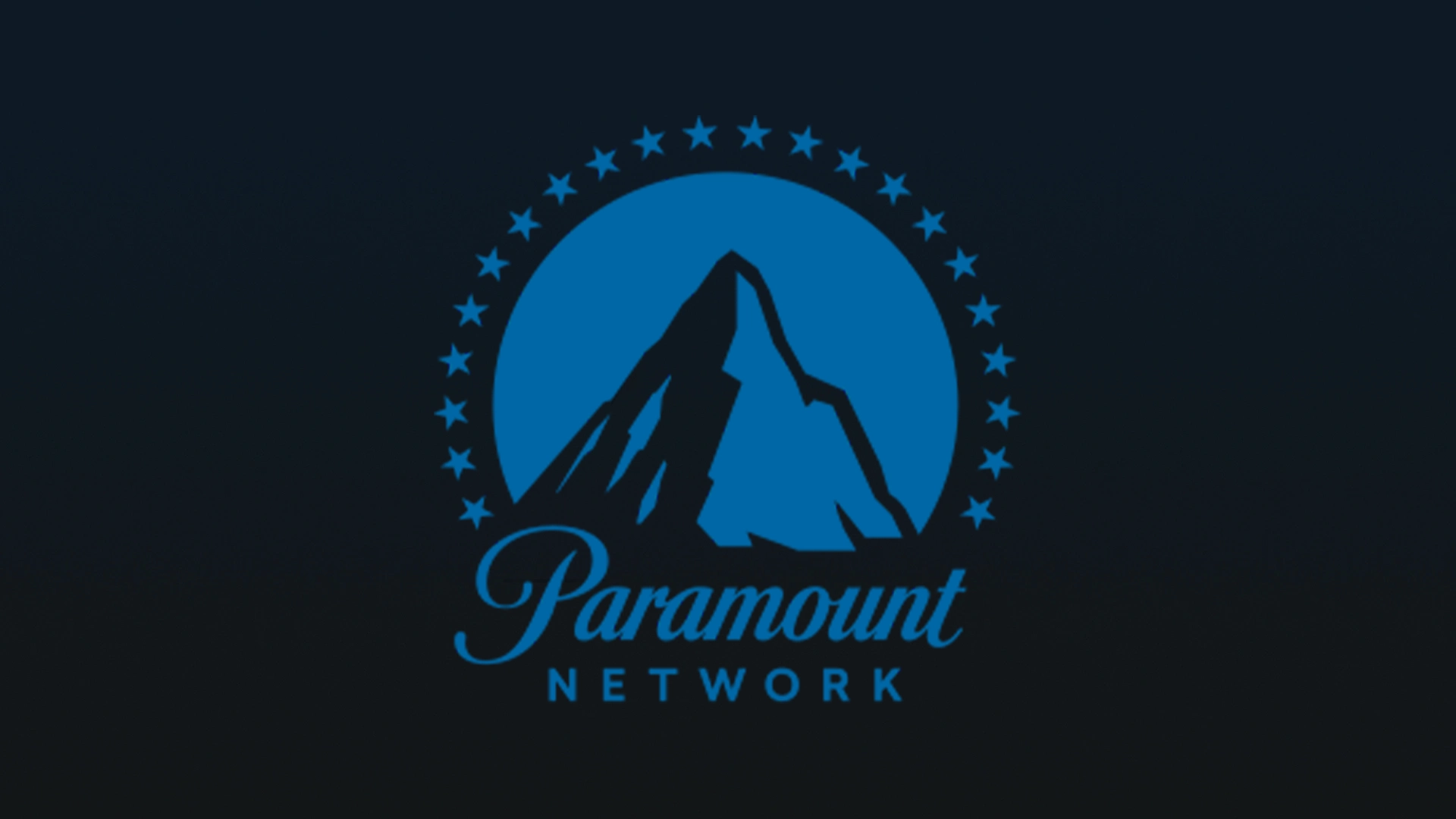Syfy – The Evolution of a Sci-Fi Entertainment Powerhouse
Introduction
Syfy, one of the most recognizable names in science fiction and fantasy television, has evolved into a global brand synonymous with imaginative storytelling, futuristic narratives, and groundbreaking special effects. Originally launched as the Sci-Fi Channel, it has since expanded its programming to include a broader spectrum of speculative fiction, horror, and supernatural drama, while maintaining its core focus on sci-fi and fantasy. With a strong legacy of original programming, a dedicated fanbase, and a constant push toward innovation, Syfy continues to be a dominant force in genre entertainment.
Origins and Early Years
Syfy made its debut as The Sci-Fi Channel on September 24, 1992, founded by Mitchell Rubenstein and Laurie Silvers. The channel was launched with the backing of major players such as USA Networks, Paramount Pictures, and Universal Pictures, bringing science fiction, fantasy, and horror content to a dedicated audience. Initially, the channel heavily relied on classic reruns, featuring beloved series like The Twilight Zone, Star Trek, and Battlestar Galactica. It quickly became a haven for sci-fi enthusiasts looking for both nostalgic favorites and innovative new programming.
Throughout the 1990s and early 2000s, the network steadily built a reputation for providing a mix of syndicated sci-fi shows, original movies, and innovative storytelling formats. The channel’s identity became increasingly intertwined with geek culture, offering a platform for cult classics and deep-space adventures.
Rebranding to Syfy and Expanding Horizons
In 2009, the channel underwent a significant transformation, rebranding from Sci-Fi Channel to Syfy in an effort to modernize its image and attract a broader audience. The name change sparked controversy among purists, but the move allowed the network to expand its programming beyond traditional science fiction, incorporating more fantasy, supernatural, and horror-based content.
This shift helped Syfy compete with mainstream cable networks while maintaining its core sci-fi essence. It introduced grittier, high-concept series, balancing fan-favorite franchises with innovative new productions.
Programming and Iconic Shows
Syfy’s programming has been a mix of original content, acquired series, and blockbuster movies. Some of its most notable productions have become cultural phenomena, helping to define the network’s identity.
1. Original Series and Flagship Shows
Several groundbreaking Syfy originals have set the standard for modern sci-fi television:
- Battlestar Galactica (2004–2009) – A reimagining of the 1978 series, this critically acclaimed show tackled complex themes of war, politics, and artificial intelligence, earning a passionate following and multiple awards.
- Stargate SG-1 (1997–2007) – One of the longest-running sci-fi series, expanding the Stargate franchise and delivering thrilling intergalactic adventures.
- Eureka (2006–2012) – A lighthearted, quirky take on a town filled with eccentric geniuses working on futuristic inventions.
- Warehouse 13 (2009–2014) – A mix of sci-fi, adventure, and historical mysteries, following secret agents tracking down supernatural artifacts.
- The Expanse (2015–2021) – Initially aired on Syfy before moving to Amazon Prime, this space opera was hailed for its realism, political intrigue, and deep world-building.
2. Science Fiction Movies and Miniseries
Syfy has also been known for its original made-for-TV movies and miniseries, some of which became cult classics:
- Dune (2000) and Children of Dune (2003) – Ambitious adaptations of Frank Herbert’s epic saga.
- Tin Man (2007) – A darker, more adult-oriented take on The Wizard of Oz.
- Sharknado Franchise (2013–2018) – A so-bad-it’s-good series of disaster films that became a social media phenomenon.
3. Acquired Content and Syndicated Favorites
Beyond its original productions, Syfy has broadcast iconic genre series, including:
- Doctor Who
- The X-Files
- Farscape
- Sliders
- Twilight Zone
These acquisitions helped the network cater to both classic and modern sci-fi audiences, ensuring a diverse programming slate.
Ownership and Corporate Evolution
Syfy is part of NBCUniversal, a subsidiary of Comcast, which has helped fuel its expansion into global markets. Under the ownership of NBCUniversal Cable Entertainment, Syfy has leveraged partnerships with streaming platforms, digital content creators, and film studios to maintain relevance in a rapidly changing media landscape.
With the rise of on-demand streaming, Syfy has faced increasing competition from platforms like Netflix, Disney+, and Amazon Prime, which have invested heavily in sci-fi and fantasy content. To keep up, Syfy has expanded its presence beyond traditional cable television, offering digital exclusives, streaming partnerships, and interactive experiences.
Impact on Science Fiction and Pop Culture
Syfy has had a profound influence on modern sci-fi storytelling and fandom culture. By providing a dedicated space for speculative fiction, it has:
- Popularized high-concept science fiction shows that blend philosophy, technology, and human drama.
- Brought niche fandoms into the mainstream, thanks to viral marketing, convention sponsorships, and community engagement.
- Paved the way for modern sci-fi reboots (Battlestar Galactica, Stargate Atlantis, Childhood’s End).
Even as it expanded beyond classic sci-fi, Syfy has remained a vital player in genre entertainment, continuously adapting to new media trends.
Future Outlook: What’s Next for Syfy?
With shifting viewing habits and the dominance of streaming services, Syfy is embracing new content strategies:
- Increased investment in original streaming content – Short-form sci-fi storytelling and digital-first exclusives.
- More collaboration with major franchises – Potential partnerships with Marvel, DC, and Star Wars properties.
- Expanding its horror and supernatural lineup – Reflecting the success of shows like Stranger Things and The Walking Dead.
- Greater integration with Universal Pictures – Developing sci-fi blockbusters with direct ties to Syfy’s brand.
As AI, VR, and interactive media continue to evolve, Syfy is well-positioned to embrace immersive storytelling experiences, ensuring its longevity in a rapidly changing entertainment landscape.
Conclusion
Syfy has transformed from a niche cable channel into a powerhouse of speculative fiction storytelling, blending classic sci-fi traditions with modern genre-bending narratives. Whether through iconic TV shows, groundbreaking miniseries, or viral pop culture moments, Syfy continues to influence the evolution of science fiction and fantasy entertainment.
As the network adapts to the digital era, one thing remains clear: the love for science fiction and the supernatural will never fade—only evolve. And Syfy, in whatever form it takes next, will always be at the forefront of that evolution.











Add :